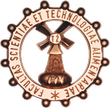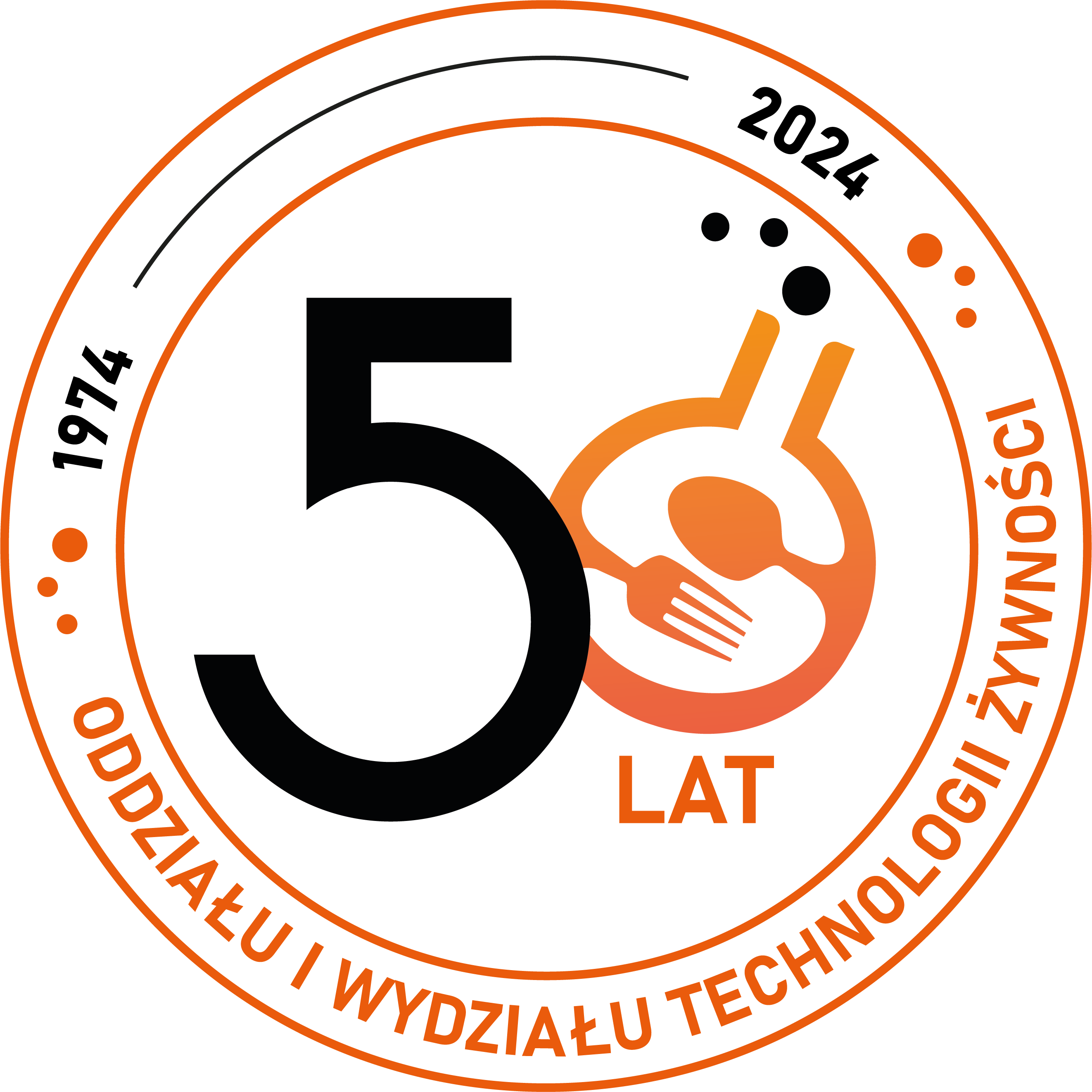Food engineering
Form of study: Full time study
Study level: Graduate study master program
Number of semesters: 3
professional title: Master of Science
Graduates in Food Engineering are equipped with knowledge and skills in the field of food engineering as well as food technology and nutrition and is prepared to work on engineering and managerial positions in food industry. She/he knows the principles of market operation and understands the basics of marketing products and services related to planning and food production management, as well as knows the formal and legal issues functioning in this segment of economic activity. Has habits of lifelong learning and knows how to use a specialist language in the field of study. The graduate is prepared to undertake research challenges. A graduate of Food Engineering is prepared to work in all types of food industry production plants, including those dealing with the preparation of functional additives for food or industry units dealing with the design and construction of equipment for food industry plants. The graduate also has the necessary basics in the field of law and economy needed to set up his own business. The graduate can apply for the Ph.D program.
Candidate:
Admission to full-time second-cycle studies in the field of Food Engineering may be applied to all who have obtained a diploma with the professional title of engineer in the fields of Food Technology and Human Nutrition, Brewing and Malting, Food Production Bioengineering, Chemical Engineering, Process Engineering, Chemical and Process Engineering, Chemical Technology, Nanotechnology, Biochemical Engineering, Biochemical Technology, Biotechnology (including Industrial Biotechnology or Food Biotechnology), Mechanical Engineering, Mechatronic Engineering and Agroengineering. Graduates of other fields of study will also be admitted, however, the prerequisite is to have the professional title of engineer/master's degree in engineering or to obtain at least 210 ECTS in the undergraduate courses of first-cycle studies, covering engineering competences.
Applicants should be fluent in English (B2 level by means of Common European Framework of Reference for Languages – CEFR or equivalent). In case of lack of language certificate an online interview is possible.
Study Courses
Mandatory courses: Fundamentals of food technology, Basics of programming, Physical chemistry, Foreign language, Modern technologies of animal products processing, Modern technologies of carbohydrate processing, Modern technologies of plant processing, Culture, art and tradition of the region, Statistics and experiment design, Nutrigenomics, Food engineering, Process control, Food Law, Fundamentals of entrepreneurship, Communication in management, Computational methods in food engineering.
Optional courses: Nutrition and health, Basics of human nutrition, Methods of sensory and physicochemical food analysis, General food analysis, Applied enzymology, Basics of industrial enzymology, Fermentation technology, Industrial microbiology, Food nanotechnology, New materials and biomaterials in the packaging sector, Bioreactor engineering, Process dynamics, Food production technology and hygiene - modern methods and trends in gastronomy, Functional and regional cuisine.






